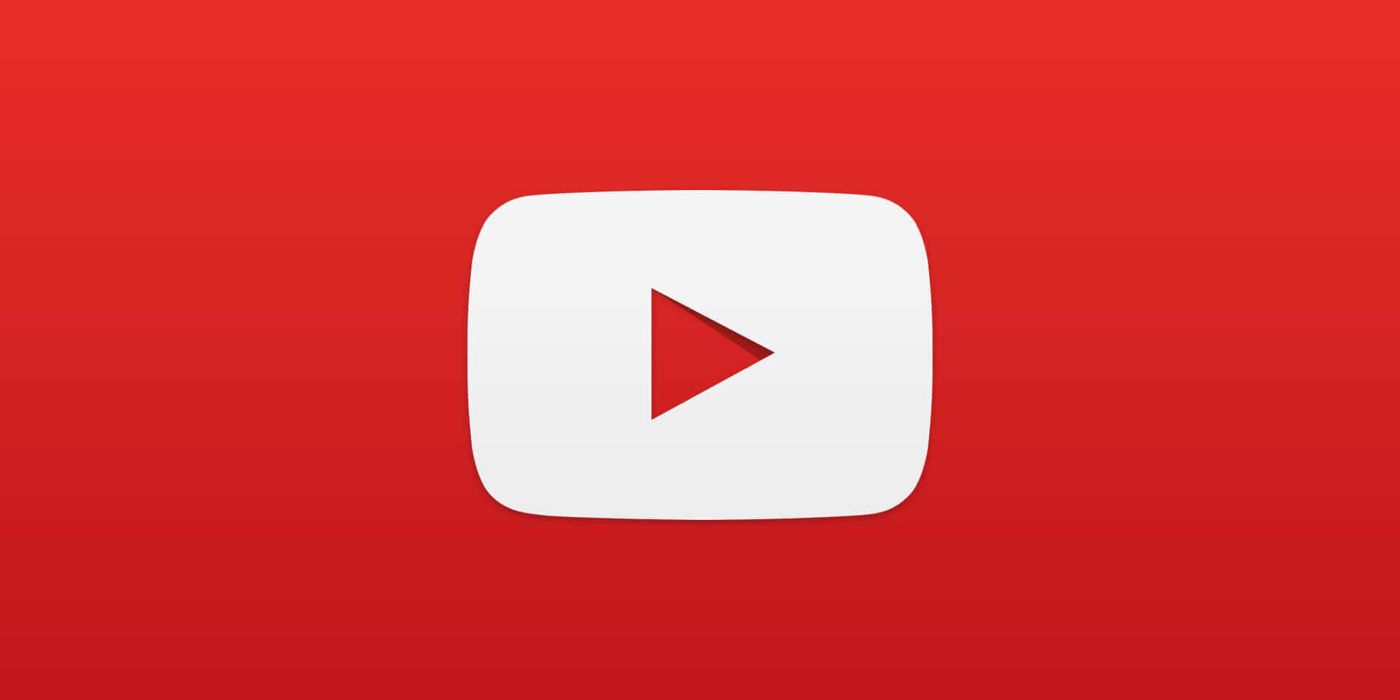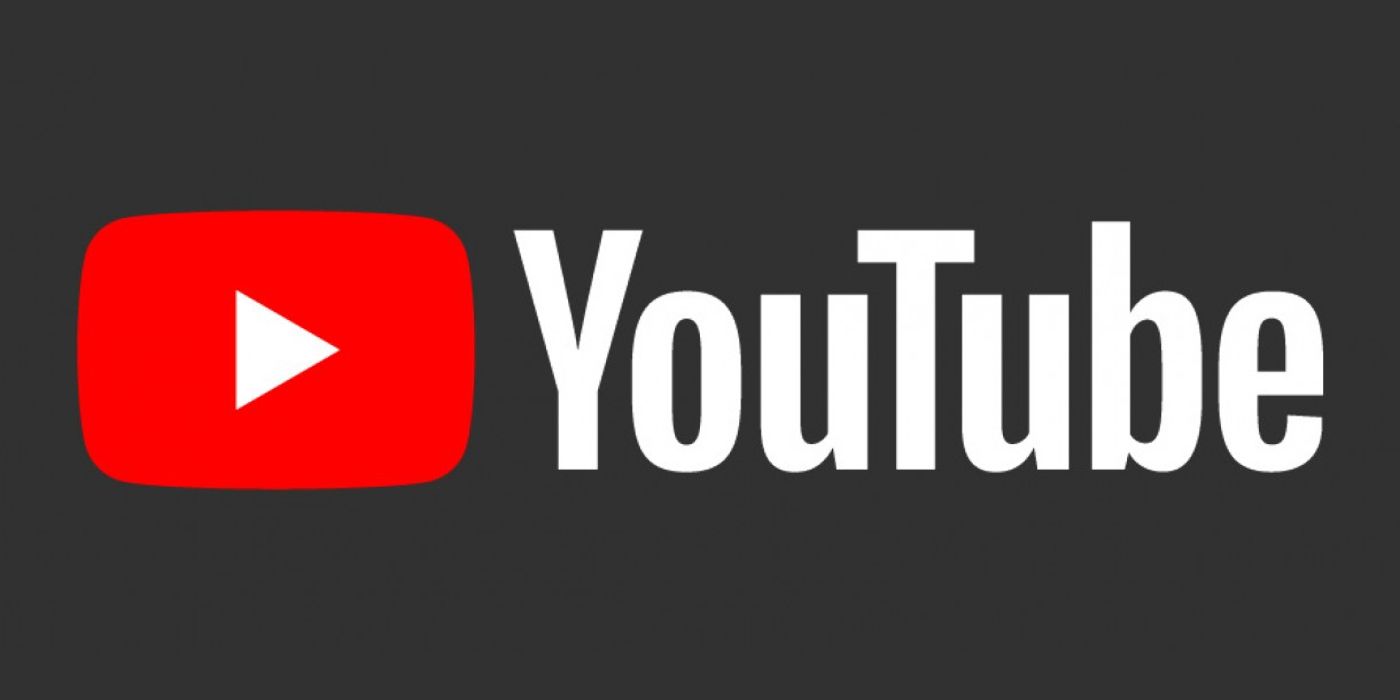YouTube Policy Change Lets Creators Swear Without Getting Demonetized

YouTubers, whether they like it or not, learn quickly just what content creators are and are not allowed to do on the platform. Keeping videos monetized is a perilous endeavor since YouTube has strict rules regarding what can and can't be said or shown. It also seems like YouTube is also making the rules more restrictive, so it's a rare phenomena when YouTube relaxes limitations instead of increasing them. Yet such is the case today, as YouTube will allow creators to say certain profanity in certain scenarios.
In YouTube's words, it's relaxing its monetization policy to allow for limited usage of "adult themes delivered through the context of humor" and "moderate profanity," though only in a video's first 30 seconds. Examples of adult themes include topics of romance or dating jokes, while examples of moderate profanity include the words s**t and b**ch. Following these updated guidelines, content creators will be able attain full monetization on their videos.
It bears repeating that these relaxed YouTube guidelines are only allowed within the first 30 seconds of a video. YouTube doesn't offer any reasoning for this rather harsh limitation, though it likely has to do with how advertisements are displayed during content. In other words, advertisements that are shown after 30 seconds likely don't want to be associated with adult content or curse words. Regardless, the 30 second limit may end up causing more headaches than having a blanket policy in the long run.

Another area of policy change for YouTube is with regards to monetization for educational, documentary, and news content. These types of videos can now feature violent altercations with law enforcement, recreational drugs and related content, as well as sensitive events. This policy change also covers "objective discussions" covering controversial issues so long as they aren't graphic.
The reasoning for these changes, according to YouTube, is based on feedback from creators and advertisers. Suffice to say, it's understandable why creators would want these limitations pushed back, so that they can monetize more of their videos. Why advertisers are now deciding to allow it is less clear. There must be profit in allowing these changes through.
Surprisingly, it's the second change and not the first that's creating the most controversy. Allowing expanded swearing and adult humor is obviously going to be welcomed by many YouTubers. The second change, or specifically the monetization of "objective discussions," leaves open room for YouTube to monetize conspiracy videos or other types of problematic content depicting offensive or extreme views. How YouTube acts on this new policy remains to be seen, however.
Source: Google

Post a Comment